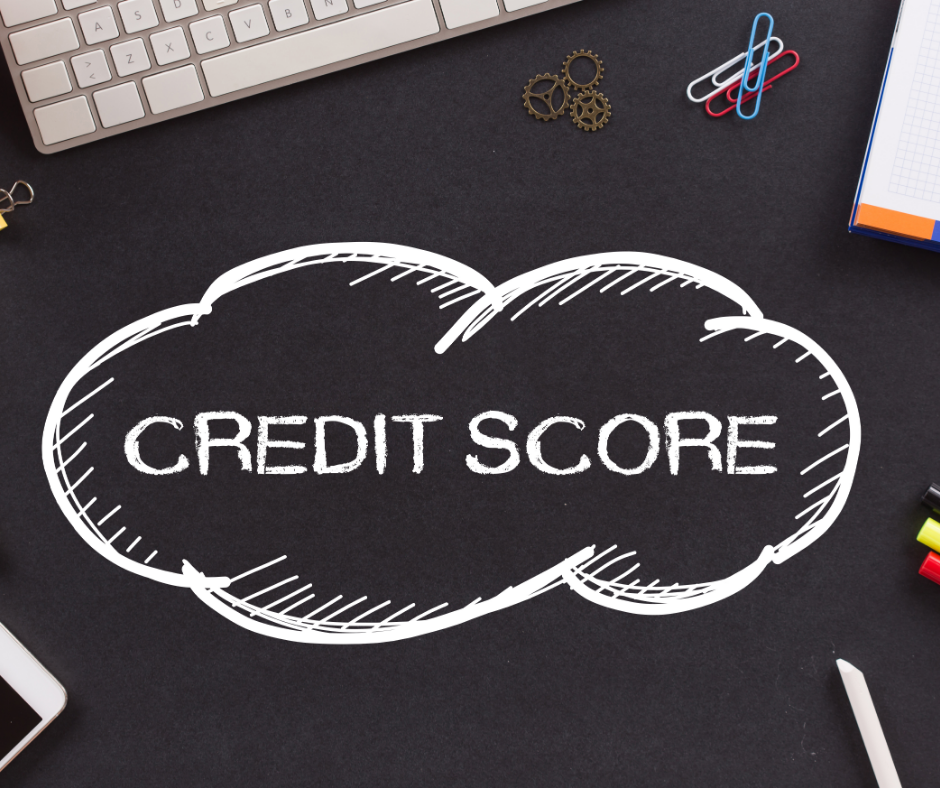
Understanding your credit score…
Healthy credit
is a key component of qualifying for mortgages, auto loans, and even new jobs.
A FICO score is the three-digit number that summarizes your credit report. It’s only a small slice of the credit pie, but
it’s an important one. Understanding what it all means will greatly improve your chances for obtaining the highest
credit score possible.
According to a
survey of 2,000 Americans by OnePoll, as reported by the New
York Post, one in eight respondents have no clue what their credit score
is. Of those who have some familiarity with their score, nearly half had not
checked it in the last two months.
FICO, or credit,
scores are calculated using debt, payment history, outstanding loans or liens,
and other statistical data collected by credit bureaus. It’s a snapshot of an
individual’s credit history, conveniently rolled into a three-digit number and
regularly evaluated by lenders, employers, insurance agents, and others for
various reasons. A good credit score can aid in the homebuying or job seeking
process, while a bad credit score can hinder it.
According to Value Penguin by
Lending Tree, the average credit score in America is at an all-time high at
695. Scores range from below 600 (poor) and above 800 (excellent), so 695 is
right on the line between a fair and good credit score. Unfortunately, 14
percent of the population has no score and is labeled as “credit invisible”,
making it difficult for these individuals to obtain new lines of credit. Homebuyers,
on the other hand, average a credit score of 728 which is slightly above the national
average.
Tips to improve your credit
score…
Establishing
and maintaining good credit is the key that unlocks financial opportunity, like
securing a loan, qualifying for a job, or buying a home. It takes patience and
consistency to build a high credit score, but it’s something everyone can
achieve. Follow these tips from debt.org to improve your score:
- Keep tabs on your credit. You can request a free credit report once a year from each of the
three major credit reporting agencies: Experian, TransUnion, and Equifax.
- Don’t forget. Set up payment reminders by
writing down deadlines or adding them to your calendar. Consistently paying
your bills on time can raise your score in just a few months.
- Pay twice. If you can afford it, pay your bills every two
weeks instead of monthly to improve your score.
- Contact creditors. Set up a payment plan immediately with creditors if you miss
payment deadlines and can’t afford your monthly bills. The quicker you
address the problem, the easier it will be to repair.
- Apply sparingly. Although opening new credit
accounts increases your total credit limit, it takes a bite out of your
score if you apply or open several new accounts in a short period of time.
- Don’t close your credit cards. Keep unused credit card
accounts open because the age of your history matters for a healthy score.
A longer history is always preferable. If you must close credit cards,
choose to close newer ones.
- Use caution when paying off old debts. If a debt is “charged off” by
the creditor, they do not expect further payments from you. If you make a
payment on a charged off account, the debt is then reactivated and
subsequently lowers your credit score. This usually happens when
collection agencies are involved.
- Pay down maxed out credit cards first. If you use multiple credit
cards and one (or more) has a balance that is close to or right at the
limit, pay it down first. This will bring down your credit utilization
rate, which is the percentage of available credit used during a billing
cycle.
- Diversify your accounts. Your credit mix—mortgage, auto loans, student loans, and credit cards
–counts for 10% of your credit score. Adding another element to the mix
helps raise your current score, if you can make timely payments.
- Consider debt consolidation. If you find yourself
overwhelmed by debt, consider a debt consolidation plan. Your score might
temporarily drop upon signing up but will quickly improve if you make your
payments on time. As a bonus, you are eliminating the debt that made it
difficult to manage your credit in the first place.
